The Best Steps to Reduce the Risk Of Infection
Infections are microscopic organisms that can invade the body and thrive there. This is well known that once inside, infections can multiply and wreak havoc on our normal functions. To prevent such an occurrence, it’s best to take precautions to reduce the risk of infection.
At Fairview Rehab and Nursing Home in Queens NY, we have the staff and clean facilities to deal with infections. Our doctors assess the individual to identify the type of infectious disease and cause before deciding on a care and treatment plan. Of course, there are ways to avoid such an infection in the first place. We’ll discuss these methods below, though this information is for educational purposes only and doesn’t overrule your doctor’s advice.
Keep Clean to Reduce The Risk Of Infection
One of the best ways to avoid infection is to keep clean, using the following steps.
Wash your hands – Your hands touch everything, whether you’re at home, work, shopping, exercising, or dining out. To prevent transferring any germs to your face or mouth, wash your hands often. Use soap every time, cleaning your fingers, nails, palms, and wrists. If no soap is available, use hand sanitizer to eliminate any germs you may have picked up.
Avoid sharing dishes – Sharing a glass, plate, or cutlery can transfer germs from person to person. To reduce infection risk, use a clean dish or utensil for each meal or beverage. Don’t share food or beverages, either, since germs can be transferred this way as well.
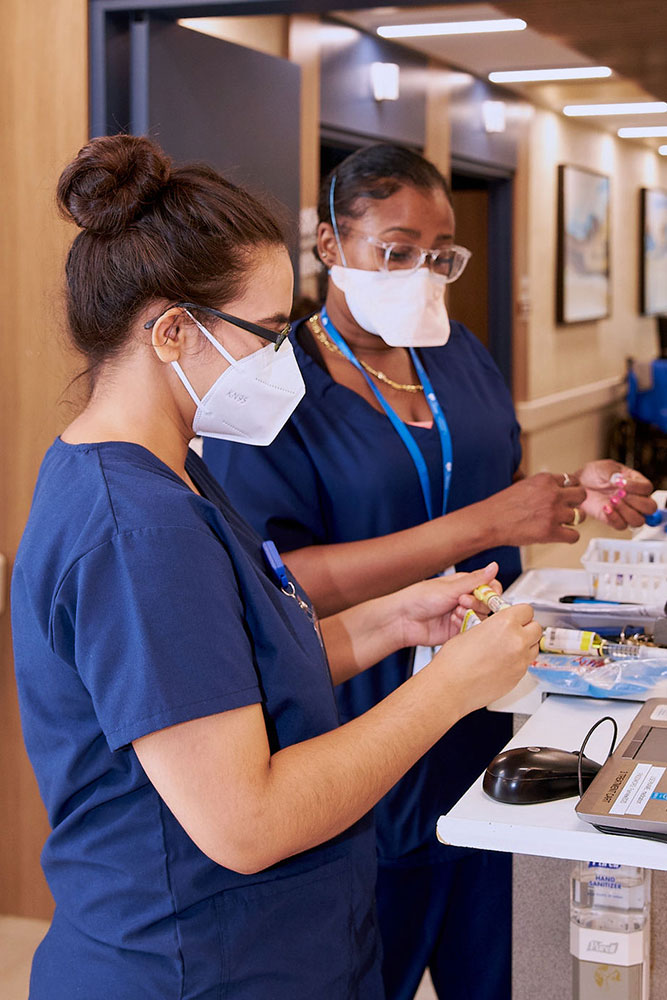
Avoid sharing personal items – Personal items like toothbrushes, razors, combs, and handkerchiefs can be breeding grounds for infections. As well as changing them often, don’t lend them to others, even those you live with. If either of you has contracted a virus, it can spread through any of these items.
Clean often – If you frequently have visitors, it’s best to clean your home more often than usual. Before guests arrive, clean all surfaces, like counters, tables, and sinks, to remove any germs that may already be present. After they leave, wipe down anything they may have touched with sanitizing wipes to remove viruses they may have deposited. Doing so will reduce the risk of infection for both parties.
Follow your doctor’s advice
Following your doctor’s advice is another way to prevent infection. They are trained to offer advice and treat infections that may occur. Their advice may include:
Taking supplements – Your doctor may recommend certain vitamins to strengthen your immune system enough to fight off viruses. These include Vitamins A, C, D, and E, folic acid, iron, selenium, and zinc. Though you can get these from the food you eat, many of us don’t ingest enough from our diet alone. Taking select vitamins or a multi-vitamin can help improve your immune system to reduce infection risk.
Get vaccinated – Infectious diseases like measles, polio, chicken pox, and mumps can be severe and even life-threatening. To avoid contracting such diseases, get the vaccinations recommended by your doctor. If traveling outside of the country, extra immunizations may be needed.
This article contains informational and educational materials and does not replace health or medical advice. For questions or concerns regarding your medical condition or health objectives, speak to a qualified physician or healthcare provider.
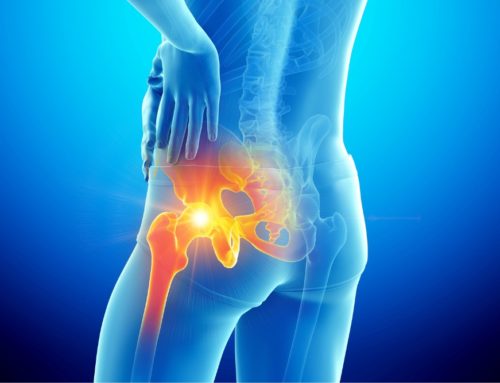
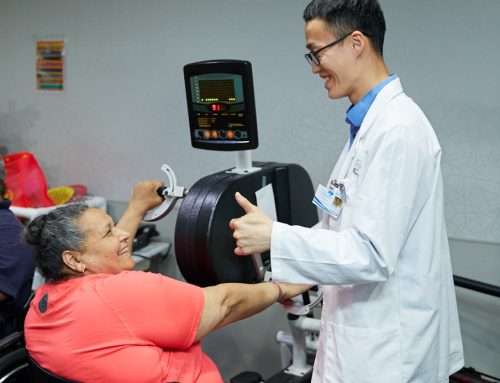

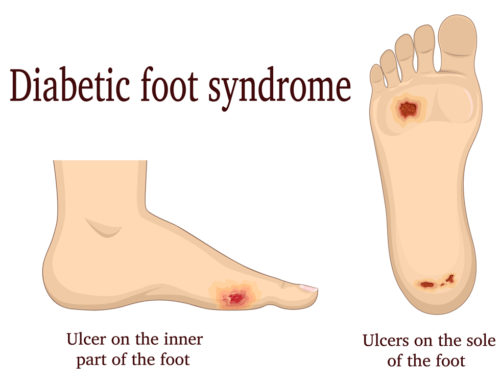
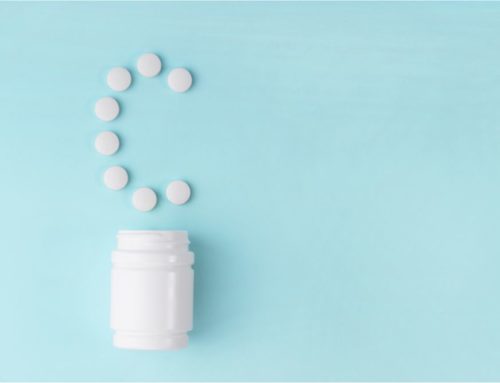
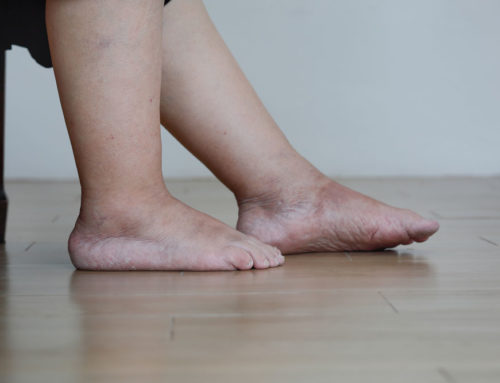
Leave A Comment